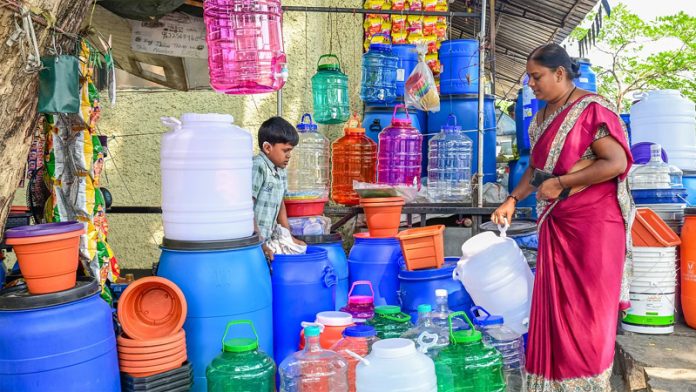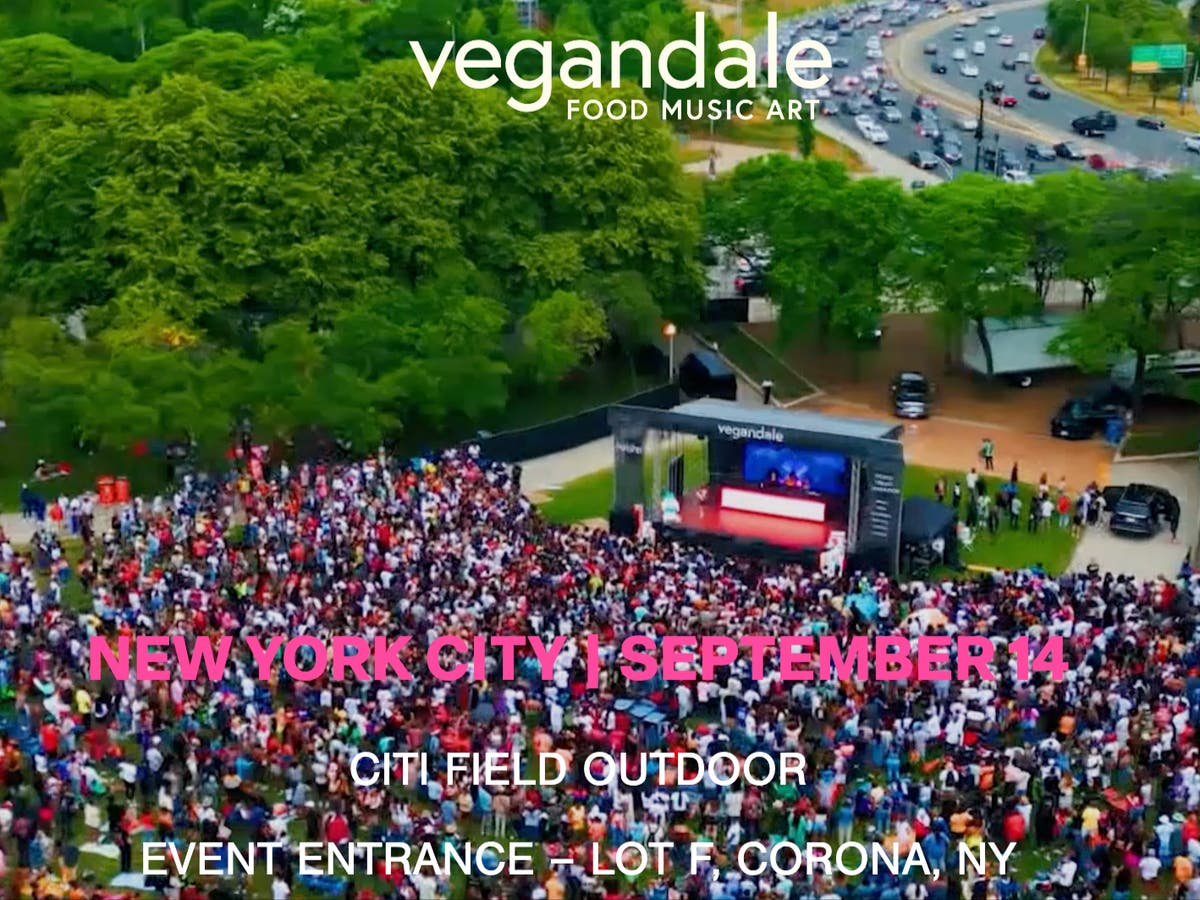SINGAPORE: Smartphones, air-conditioning and annual overseas holidays in the region are some of the things Singaporeans consider essential, a new study has found. But staycations and paid streaming services are not among the 40 essential items or activities for "normal life" in Singapore, according to the Household Needs Study by the Singapore Management University (SMU). Findings from the Household Needs Study were presented at the SMU-DBS Foundation Symposium on Essential Household Needs in Singapore on Friday (Jul 12).
Apart from determining what Singaporeans considered essential, the study also asked if they could afford these, with results showing that one-third of the 4,014 respondents experienced relative deprivation. That is, they lacked access to at least one item or activity that was deemed essential by a majority of respondents. The study, conducted from May 2022 to February 2023, was spearheaded by Professor Paulin Straughan, director of Singapore Management University's Centre for Research on Successful Ageing, and Dr Mathew Mathews, head of the Institute of Policy Studies' (IPS) Social Lab and IPS principal research fellow.

The authors said that by highlighting findings, especially in which aspects respondents are deprived in, they hoped to "facilitate a cultural shift" in which all involved – whether government, community or businesses – could consider their roles in ensuring Singaporeans can achieve what they need in a sustainable manner. The study was conducted via focus group discussions and a household survey. The latter featured a list of 51 potential items or activities derived from discussions and research.
While items like household appliances, furniture and digital devices were included, less tangible things relating to digital connectivity and social participation were also part of the list. Respondents were asked, for each item: Of the 51 items and activities, 40 were considered essential. An item or activity was considered essential if at least 50 per cent of respondents agreed that it was essential.
The study captured the responses to all 51 items in a table, split into whether respondents answered "yes" or "no" to whether each item was essential. The top five items where respondents answered "yes" were a refrigerator at 99.5 per cent, public transportation for day-to-day commutes at 98.
5 per cent, a stove or a cooking device at 97.3 per cent, personal hygiene products at 97.1 per cent and a mattress at 96.
5 per cent. Of the respondents, 63.6 per cent felt that air-conditioning was essential.
The authors said that views on this differed greatly across income groups. During discussions, some felt air-conditioning was necessary to counter the heat in Singapore while others felt it was a luxury given the high electricity bills associated with it. At the bottom of the list were paid streaming services, such as Netflix, at 37.
5 per cent, domestic help for caregiving at 33.1 per cent, private enrichment lessons at 29.5 per cent, and both domestic help for household chores and annual staycations at 27.
4 per cent each. Notably, smartphones with data plans, and savings for at least three months' worth of expenses for emergencies figured high on the list, with 93.3 per cent and 95 per cent respectively considering the item to be essential.
Activities that were considered essential by Singaporeans include family bonding outside of the home at 90.4 per cent, free time for hobbies at 86.4 per cent, going out with friends at 84.
7 per cent, dining out at restaurants at least once a month at 62.1 per cent, and an annual overseas vacation in a Southeast Asia country at 56.3 per cent.
The study noted how annual overseas vacations in Southeast Asia countries ranked higher than annual staycations. "This possibly reflects the importance that respondents place on fulfilling leisure and social participation needs outside of the country," it said. "Based on our focus group discussions, respondents generally perceived destinations like Malaysia or Batam to be more affordable compared to a local staycation.
" RELATIVE DEPRIVATION Based on the 40 essentials identified, the study then proceeded to determine which ones Singaporeans lacked due to their inability to afford them. A respondent was considered relatively deprived of an item or activity if they indicated that they lacked access to an item or activity, and that they were unable to afford it. According to results, 66.
7 per cent of all respondents were not deprived of any of the 40 items or activities. Of those that reported relative deprivation, the top three items were: 1. Savings of at least six months of expenses 2.
Savings of at least three months of expenses 3. Annual overseas vacation in a Southeast Asia country On average, respondents who were relatively deprived lacked four items or activities. The study also found that of those who were relatively deprived, 52 per cent fell in the lowest monthly household income band of between S$0 to S$2,499 (US$1,860).
The proportions fall the higher the income band. They also found age to be a significant factor in predicting relative deprivation score. The age group of between 35 and 49 had the lowest average score, while the age group of between 50 and 64 saw the highest average score.
The study included a segment on the attitudes and beliefs on poverty, where it found that a majority of the respondents believed that poverty was due to personal circumstances and personal actions. Of the respondents, 79.8 per cent felt that those who are poor faced major problems in their lives, while 62.
6 per cent felt that the poor lacked the right kind of talents and ability to do well. Separately, an IPS poll was conducted to find out who Singaporeans thought should be responsible for the provision of needs in society, whether it is the self, government, community, relatives or friends, or businesses. This study was based on the 40 items or activities considered to be essential in the Household Needs Study, but omitted one item – tuition provided by self-help groups or community organisations – as this inherently implied that the community is the provider.
More than half of the 2,424 respondents here felt that the individual needed to be primarily responsible for items related to social participation and leisure. They also had a higher tendency to feel that the government should provide healthcare and childcare-related items. When asked where government funding should come from, most respondents – 58 per cent – indicated that it should be reallocated from government spending in other areas, with a higher proportion pointing at arts and culture as a source.
A smaller proportion of respondents felt that funds should come from higher taxes, both higher taxes and reallocation of government spending, or from other avenues..



















